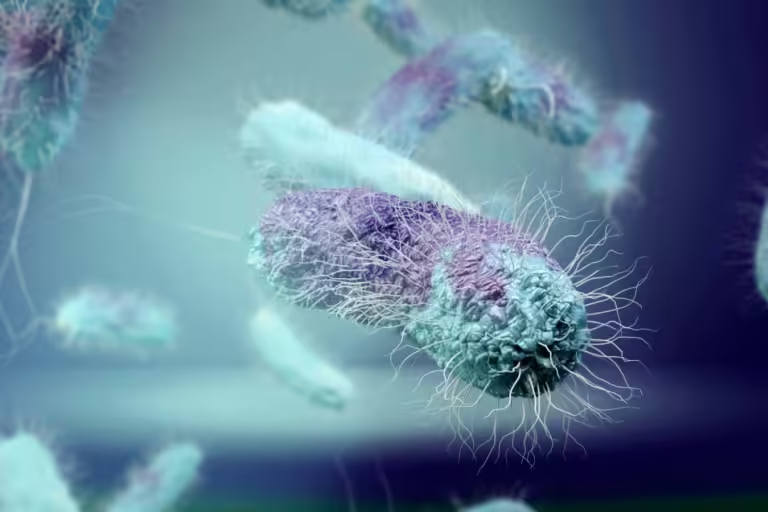
Shewanella oneidensis Bacteria may be able to remove antibiotic resistance genes from wastewater
Ella Maru Studio/Science Photo Library
Bacteria engineered to destroy DNA can remove more than 99 percent of antibiotic resistance genes from wastewater, potentially slowing the spread of antibiotic resistance.
Pathogens can absorb resistance genes that damaged or dead bacteria have shed into the environment, making wastewater one of the largest environmental reservoirs of antibiotic resistance genes, says James Tiedje of Michigan State University. Affected microbes can then be transmitted to humans through water, food, and livestock.

